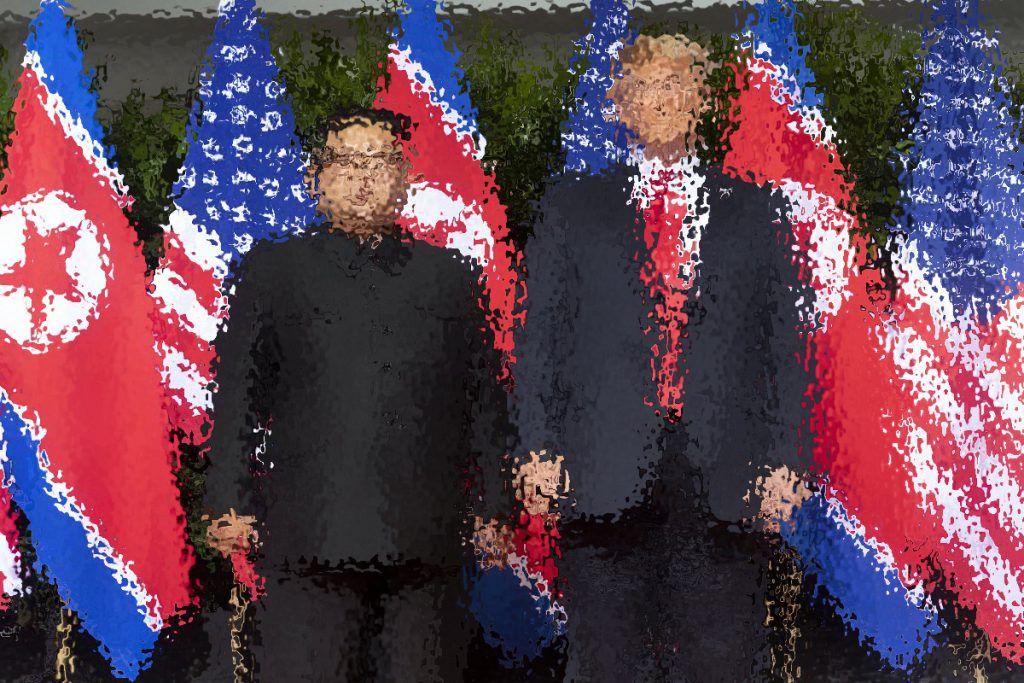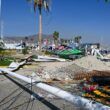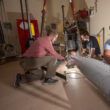On the eve of Trump-Kim summit 2, what next for US and North Korea?
By Thomas Gaulkin, February 25, 2019

This week, President Trump will meet Kim Jong-un for the second time, in Vietnam. During the eight months since the two leaders first met in Singapore, little progress has been made toward achieving the goals outlined in the vague agreement the two leaders signed. North Korea has not pursued nuclear or missile testing since then, but work at some nuclear facilities has apparently continued. Meanwhile, the United States has maintained its sanctions regime against the impoverished state and conducted military exercises with South Korea, albeit slightly more restrained than before.
Trump began promising a new summit immediately after the last one. But despite high-level talks and exchanges between North Korean and US emissaries, including Secretary of State Mike Pompeo, no concrete plans for full denuclearization of the Korea peninsula have been made public. Here are some recent pieces the Bulletin has published in which experts on nuclear policy and the Korean peninsula give their thoughts about what both countries can and can't achieve in this round of negotiations and what should be at the top of the agenda in Hanoi.
Share: [addthis tool="addthis_inline_share_toolbox"]














Denuclearization of the Korean Peninsula begins with a peace declaration
Goals for any arms control proposal with North Korea
Sig Hecker on North Korea in 2018
What North Korea wants from the next US summit
How to tell if North Korea is serious about denuclearization
How to make progress with North Korea now
North Korean verification: Good enough for government work?
North Korea’s other weapons of mass destruction
North Korean nuclear capabilities, 2018